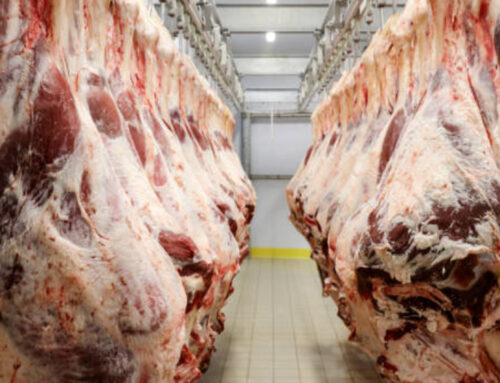 More people are exploring off-grid living than ever before, but what does that really mean? Technically, “off-grid” refers to energy systems untied to the electrical grid. However, the term has grown to encompass a broader lifestyle: one that prioritizes self-sufficiency and minimizes reliance on mainstream systems for essentials like food, water, shelter, and energy.
More people are exploring off-grid living than ever before, but what does that really mean? Technically, “off-grid” refers to energy systems untied to the electrical grid. However, the term has grown to encompass a broader lifestyle: one that prioritizes self-sufficiency and minimizes reliance on mainstream systems for essentials like food, water, shelter, and energy.
Through this website and blog, we’ll take you along as we build an off-grid structure on our property in the future—a practical experiment in sustainability and whole-systems thinking. We’ll test a few ideas, including can vertical indoor hydroponic gardening, supplemented by outdoor tree crops and bartered goods, meet the bulk of a rural family’s food needs? We’re eager to find out. Contrary to popular belief, off-grid living can foster community rather than isolation, as shared resources and skills strengthen connections.
Though working in sustainability for awhile, you are in on the early planning stages of this adventure. Our journey will be documented through words, pictures, and video, offering insights for anyone considering any of these sustainable living aspects. Here are eight key steps to think about if you’re planning to live off-grid or build an off-grid structure:
1. Understanding the Legalities of Off-Grid Living
Before breaking ground, research zoning laws, building codes, and permits in your area. Legal constraints can vary widely, from restrictions on water collection to rules about composting toilets. We started with an informational meeting with a great off-grid building architect, who pointed us in the right direction to further research building codes and other legal aspects.
2. Determining the Size and Purpose of Your Structure
What do you need your off-grid structure to accomplish? Will it serve as a full-time residence, a seasonal retreat, or a workspace? Answering these questions will guide your design and material choices.
3. Finding the Right Location
Choosing a site involves more than aesthetics. Consider solar exposure, proximity to water sources, soil quality, and accessibility—all of which impact your self-sufficiency.
4. Heating, Cooling, and Other Electrical Needs
Energy efficiency starts with proper insulation and design. Explore low-energy cooling options like cross-ventilation and passive solar heating before sizing your electrical systems.
5. Off-Grid Solar Power and Water Heating Systems
Solar panels are a cornerstone of off-grid energy. Complement them with solar water heaters or other renewable options to maximize efficiency and minimize costs.
6. Catchment and Other Water Systems
Water harvesting and storage systems are essential for off-grid living. Does your target area get enough rainfall, or are you looking at another water source? Ensure your setup includes adequate filtration for drinking water and capacity for irrigation.
7. Waste Disposal
Composting toilets, greywater systems, and other sustainable waste solutions can reduce environmental impact and enhance your property’s resilience. Make sure you know the legal waste system requirements in your desired area.
8. Growing Food
Cultivating your own food is both a necessity and a joy in off-grid living. Combine hydroponics, permaculture, and traditional gardening methods to diversify your food supply and adapt to local conditions.
Why Go Off-Grid?
 The motivations for off-grid living often extend beyond building structures. Food deserts, climate-driven water shortages, and rising energy costs highlight vulnerabilities in mainstream systems. By embracing self-reliance, you not only reduce expenses but also contribute to environmental sustainability.
The motivations for off-grid living often extend beyond building structures. Food deserts, climate-driven water shortages, and rising energy costs highlight vulnerabilities in mainstream systems. By embracing self-reliance, you not only reduce expenses but also contribute to environmental sustainability.
Importantly, you don’t have to go fully off-grid to benefit from sustainable living practices. It’s a journey, not a destination. As we share our experiences, we hope to inspire others to explore sustainability and resilience in their own ways. Together, we can build a community of knowledge, innovation, and mutual support.
We’d love to hear your stories and ideas about sustainable living. What challenges have you faced? What successes have you celebrated? Contact darla@360green living.com.



